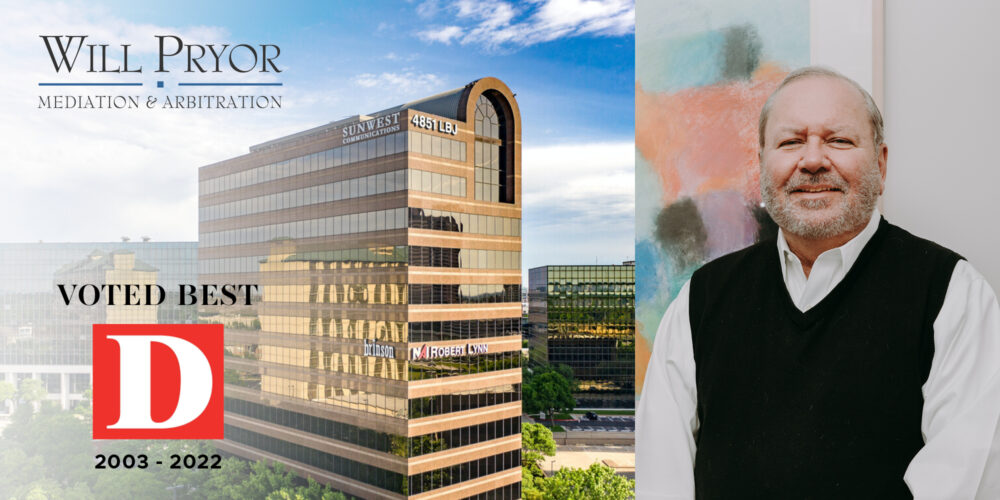Ever wonder whether it is appropriate to reveal your emotions to a client, or have you had the experience of sharing your emotions and wishing you had not? Can we, as lawyers, become too emotional about our clients and cases, interfering with our relationships and clouding our judgment? Or do we not share our emotions as often as we should?
I am pleased, but in the deep end of the pool, to have been asked to represent our profession on a panel along with a physician and a member of the clergy to discuss these issues. The event is the annual Conference of the Professions, jointly sponsored by the Cary M. Maguire Center for Ethics & Public Responsibility at SMU, the Dallas County Medical Society, the Dallas Bar Association, the University of Texas Southwestern Medical Center, the SMU Dedman School of Law, and the SMU Perkins School of Theology.
Are there “right” answers to these questions? Would you expect doctors and pastors to feel differently about “opening up” to their patients and parishoners than lawyers with their clients? If you have any insights and would be willing to share them with me, I would be grateful for your call or reply email.
